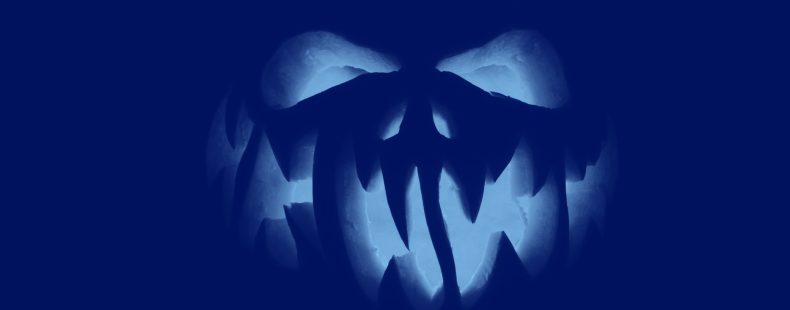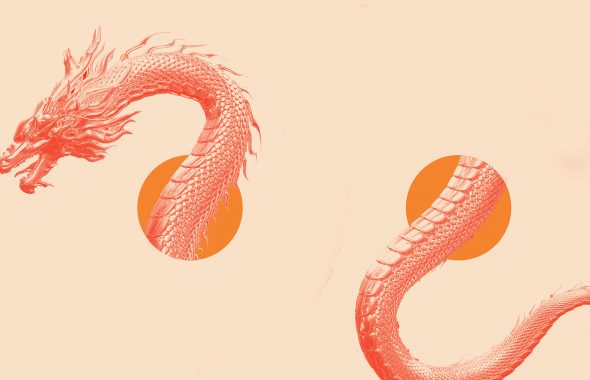Wicked words await
Halloween is one of the most beloved (and bedeviling) occasions of the year. Halloween is that one special night of the year when all of the spooky spectres and menacing monsters come out to give everybody a severe case of the heebie-jeebies—and eat a ton of candy! Halloween isn’t just a great night for scares and sweets, though, as it also plays host to a ton of awesome words. We gathered up a dozen of our favorite Halloween-related words that help to make October 31 such an eerie and spectacular day of the year.




























